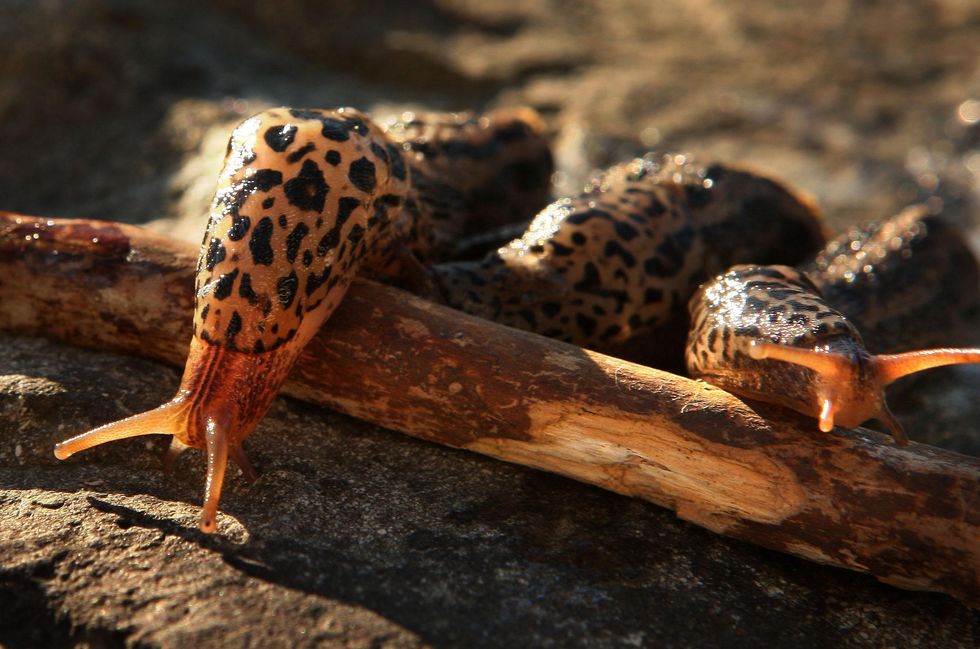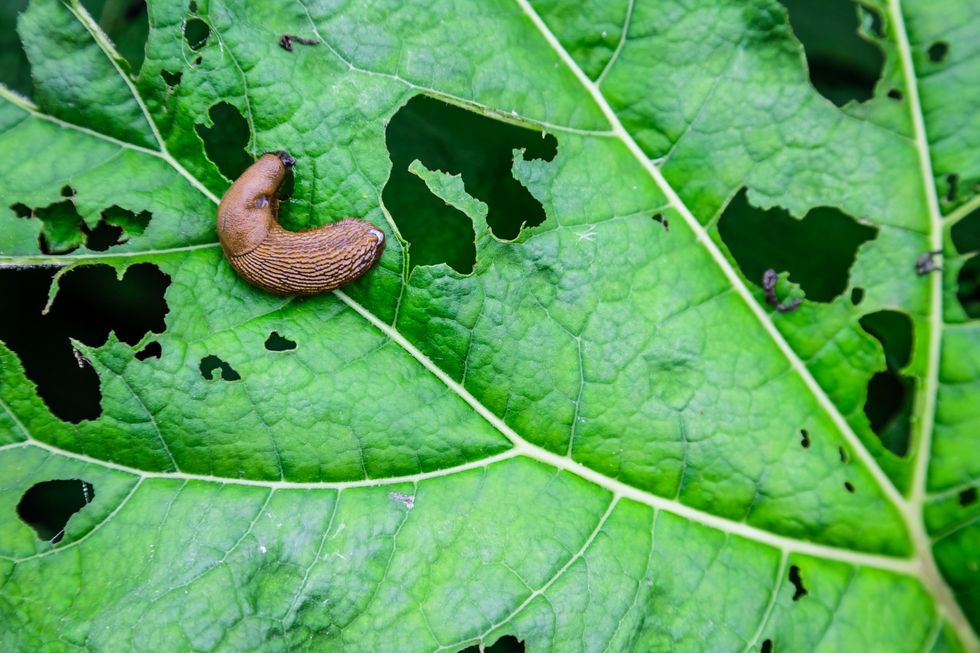'The most hated pest in horticulture!' Britons can eliminate slugs in their garden using beer

Britons told they can eliminate slugs in their garden using beer
|GETTY IMAGES

According to an expert, slugs are attracted to beer, crawl in, and drown
Don't Miss
Most Read
Latest
Slugs can be a problem all year round but tend to rear their heads during spring. The garden pests can munch on new growth, destroy seedlings and create jagged tears in plants, not to mention leave their slimy residue.
According to a gardening expert, a common beverage might just be the secret to getting rid of them.
Gardening expert Sam Marlow from Garden Buildings Direct offered a unique kitchen hack that can eliminate slugs in your garden.
Sam advised: "Sink a shallow dish or jar filled with beer into the ground near plants that are plagued by slugs. Slugs are attracted to the beer, crawl in, and drown."

Britons can eliminate slugs in their garden using beer
|PA IMAGES
The experts at Garden Organic seconded this: "The slug is almost certainly the most hated pest in horticulture, causing widespread damage and sometimes complete crop failure."
In an experiment, the gardeners found that "beer traps are effective over a short distance as long as the contents are replaced regularly".
The experts said: "The most important message was that slugs are attracted to beer, but they are not fussy about what type, be it lager or bitter."
The netted field slug, brown soil slug and common garden snail are some of the species most likely to feed on garden plants.
Aquilegia, penstemon, cranesbill geraniums, foxglove and lavender are among the plants widely considered as slug-proof, while the pests do enjoy hostas and delphiniums.
As well as using beer or choosing plants that are less palatable for slugs, gardening enthusiasts can encourage predators that eat slugs.
They can also rake over soil and remove fallen leaves to expose slugs to birds who will eat them.
Alternatively, torchlight searches can be conducted on mild, damp evenings. Hand-pick slugs and snails into a container and place them in a slug-friendly area such as your compost heap.
But having slugs in some parts of the garden is not always a bad thing. The Royal Horticultural Society explained: "Many slugs and snails feed on decomposing organic matter, such as dead leaves, dung, and even dead slugs and snails.
"They are beneficial animals to have in a garden as they are a valuable part of the composting process - that’s why you’ve probably seen them feasting in your compost bin, helping to turn plant waste into compost for gardeners to use."
LATEST DEVELOPMENTS:

Slugs can create jagged tears in plants
|GETTY IMAGES
Slugs are also "important food for other garden wildlife, such as birds, frogs, toads, hedgehogs, slow-worms and ground beetles".
Sam Marlow recommended a second popular drink that could work wonders in your garden.
According to the expert, Cola can be used to "revive plants suffering from nutrient deficiencies".
He explained: "The sugar and phosphoric acid in cola provides a quick energy boost to struggling plants."










